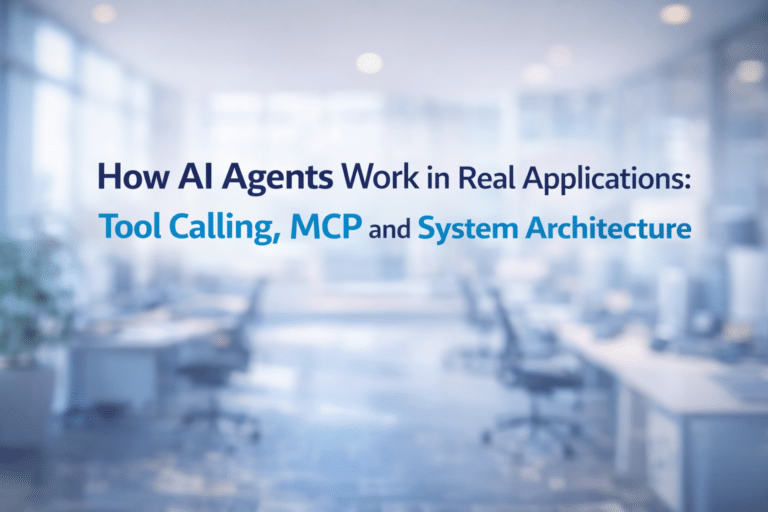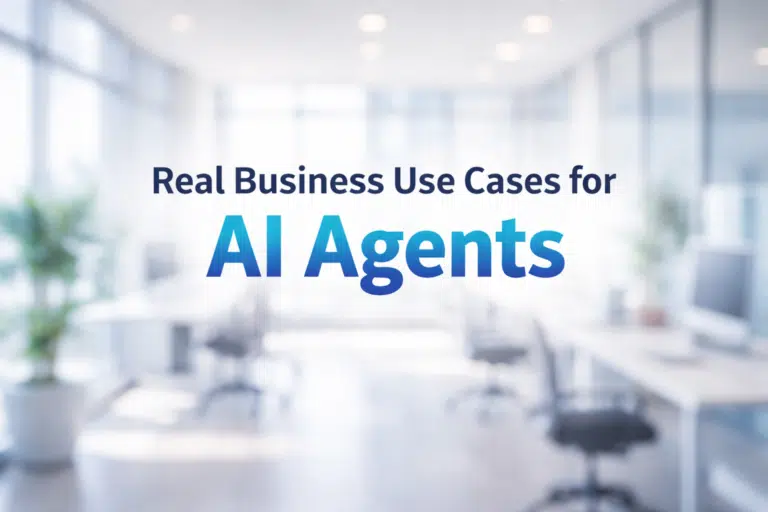In today’s competitive market, disconnected business systems are more than just an inconvenience – they’re a growth blocker. When your Customer Relationship Management (CRM) system and Enterprise Resource Planning (ERP) software operate in silos, you end up with duplicate data, slow decision-making, and frustrated teams.
Integrating CRM and ERP isn’t just a technical upgrade; it’s a strategic move that streamlines operations, improves customer experiences, and accelerates growth. At Target Integration, we’ve seen businesses transform simply by connecting these two systems the right way.
Here are five critical integration points every business should consider – and why they matter for your growth.
1. Customer Data Synchronisation
Why it matters:
A CRM holds valuable customer details – contact information, communication history, preferences. Your ERP contains financial, order, and fulfilment records. When these systems share a single source of truth, every department sees the same up-to-date information.
Example:
A sales rep checks CRM to prepare for a client call and instantly sees their latest invoice status from ERP. No emails back and forth with accounts – just accurate data, instantly.
Growth impact:
-
Faster sales cycles with less admin work
-
Better customer experiences through personalised service
-
Reduced errors in orders and billing
2. Sales Orders & Quotes
Why it matters:
When a deal is won in CRM, the details should flow directly into ERP as a sales order – no manual re-entry. Likewise, ERP pricing and stock levels should be accessible in CRM so sales teams can quote accurately.
Example:
A customer requests a bulk order. The sales team checks live inventory in CRM (pulled from ERP) and creates an accurate quote on the spot.
Growth impact:
-
Fewer pricing errors
-
Reduced time from quote to cash
-
Improved sales win rates due to real-time information
3. Product & Inventory Data
Why it matters:
ERP typically manages product SKUs, stock levels, and warehouse locations. By syncing this data to CRM, sales and customer service teams always know what’s available to sell – and can promise accurate delivery times.
Example:
Support staff can confirm delivery dates during a customer call without needing to contact the warehouse.
Growth impact:
-
Higher customer trust from accurate delivery commitments
-
Reduced risk of overselling
-
Better demand planning with combined sales and inventory insights
4. Invoicing & Payments
Why it matters:
CRM users often need visibility on whether a customer has paid before processing further orders. ERP systems handle the financial side – integrating them means sales and service teams see payment status without switching systems.
Example:
A sales rep knows instantly if a customer is overdue and can discuss settlement before processing a new order.
Growth impact:
-
Improved cash flow
-
Fewer fulfilment delays
-
Stronger collaboration between sales and finance teams
5. Reporting & Forecasting
Why it matters:
Data spread across two systems means incomplete reports and slow forecasting. Integration enables real-time dashboards that combine sales pipeline data from CRM with actual revenue and cost data from ERP.
Example:
Management can track lead-to-cash conversion rates and adjust strategy in days, not months.
Growth impact:
-
Smarter decision-making based on complete data
-
Faster response to market changes
-
Clearer understanding of profitability by customer or product line
How Target Integration Makes CRM & ERP Work Together
At Target Integration, we’ve implemented Odoo, Microsoft Dynamics 365, and other leading platforms for businesses across manufacturing, distribution, professional services, and beyond. Our integration approach ensures:
-
Clean, validated data before syncing
-
Tailored workflows to match your operations
-
Scalable architecture so your integration grows with you
-
Training and adoption support so your team embraces the change
When done right, CRM and ERP integration isn’t just about connecting systems – it’s about creating a more efficient, agile, and profitable business.
📩 Ready to connect your CRM and ERP for growth?
Book a free consultation with Target Integration and discover how integration can transform your operations.




